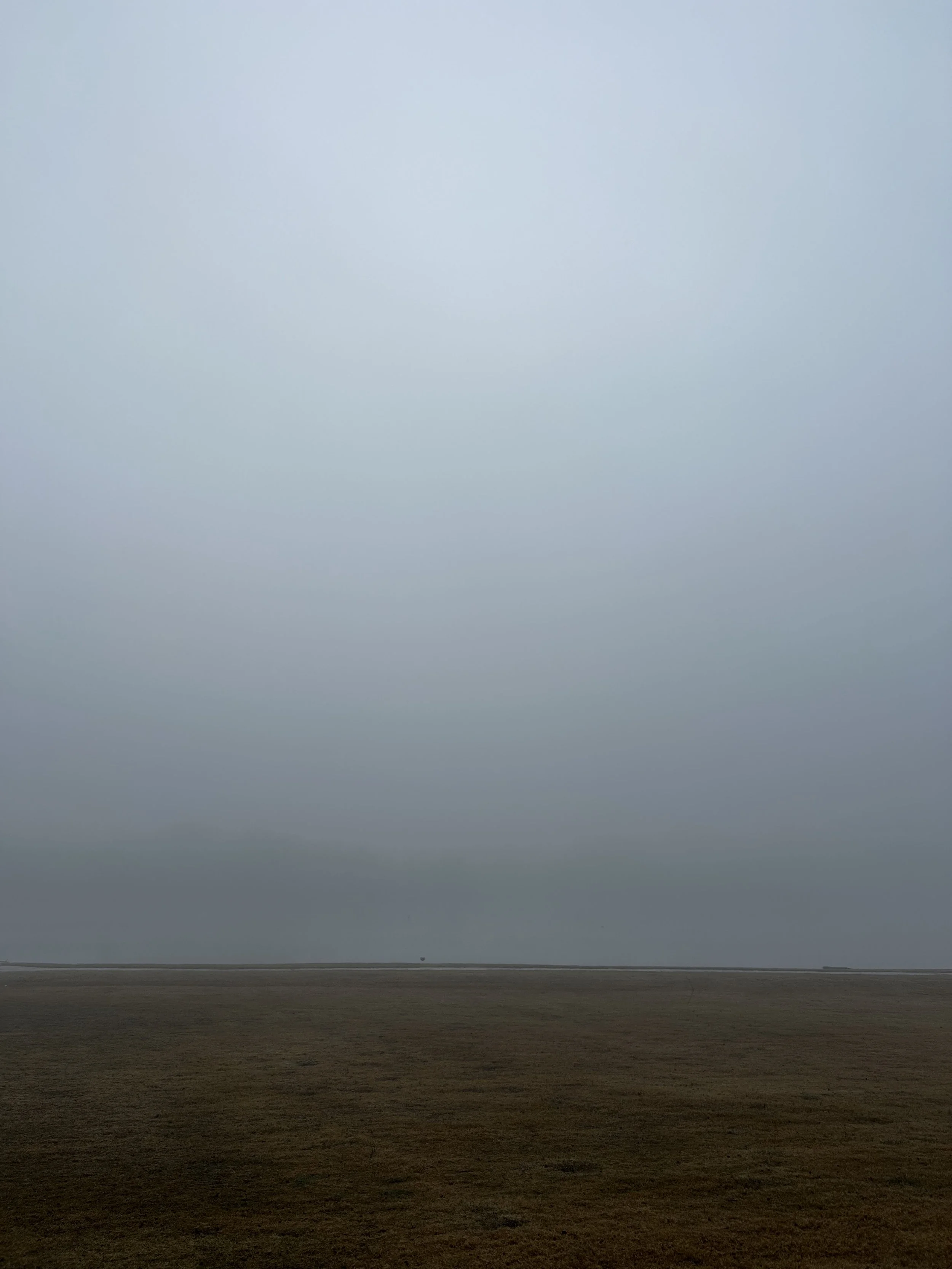Haunting
What does it mean to be haunted?
As I write this on Halloween, I know that people will visit haunted houses tonight, dressing up as ghosts and pretending to haunt their friends, or in some morbid obsession with the supernatural realm and dark spiritual forces, maybe even visit places reported to be haunted “for real.”
But another definition of haunt is to “be persistently in the mind of someone;” additionally, “be persistently and disturbingly present.”
Art haunts. It can haunt in such a way that it is persistently in your mind, even disturbingly so. I’m not talking about horror or grotesqueness. Haunting art pricks your soul like a tiny splinter gets caught beneath your cloths against your skin, causing nagging irritation you can’t quite forget. It takes you some place deep within your own person, to some memory or emotion or longing that you might not even be able to define. Because of the way it resonates with you, or bothers you, it stays with you.
Haunting.
This is the power of art—stories, paintings, music. These things have the power to force us to stop and acknowledge some part of us that lies hidden beneath the surface of routine. They arrest our thoughts and expose our fears or our pain and give us the opportunity to reckon with it all.
For Christians, this kind of haunting gives us the opportunity to compare the worldview portrayed with the truth of God, to bring whatever fears or traumas that are unearthed to him.
Some people want to put away the stories or artwork that haunts them, because they don’t want to face what it has discovered—or resurrected—within. They would rather that undefined longing or unfamiliar emotion or unburied truth about themselves stay six feet in the ground. I encourage you, though, to surround yourself with the things that truly haunt you. Again, I’m not talking about haunting in the grotesque sense. But what stories make you think? What paintings make you pause? What music brings a tear to your eye for a reason you can’t name?
What if you named it? What if you addressed it? What if you allowed yourself to dig deep within and deal with the longing, the truth, the fear, the pain, the sadness that has been evoked?
Maybe we wouldn’t feel so haunted anymore.
Here are a few things that haunt me in the best sense with no explanation.
Woman at the Window (1654) by Jacob Vrel
The Underworld, The Underworld Saga, Epic (Official Concept Album) by Jorge Rivera-Herrans
(to fully appreciate this song, it needs to be listened to in the context of all the preceding Epic sagas (a musical adaption of The Odyssey).
Moby Dick, Chapter 42, “The Whiteness of the Whale”
Is it that by its indefiniteness it shadows forth the heartless voids and immensities of the universe, and thus stabs us from behind with the thought of annihilation, when beholding the white depths of the milky way? Or is it, that as in essence whiteness is not so much a colour as the visible absence of colour, and at the same time the concrete of all colours; it is for these reasons that there is such a dumb blankness, full of meaning, in a wide landscape of snows - a colourless, all-colour atheism from which we shrink?
The Poems of Emily Dickinson: Series One
Life, Poem V
Glee! The great storm is over!
Four have recovered the land;
Forty gone down together
Into the boiling sand.Ring, for the scant salvation!
Toll, for the bonnie souls, —
Neighbor and friend and bridegroom,
Spinning upon the shoals!How they will tell the shipwreck
When winter shakes the door,
Till the children ask, "But the forty?
Did they come back no more?"Then a silence suffuses the story,
And a softness the teller's eye;
And the children no further question,
And only the waves reply.
Life, Poem VIII
A wounded deer leaps highest,
I've heard the hunter tell;
'T is but the ecstasy of death,
And then the brake is still.The smitten rock that gushes,
The trampled steel that springs;
A cheek is always redder
Just where the hectic stings!Mirth is the mail of anguish,
In which it cautions arm,
Lest anybody spy the blood
And "You're hurt" exclaim!
The Death of Ivan Ilyich by Leo Tolstoy
And suddenly it became clear to him that what had been oppressing him and would not leave him suddenly was vanishing all at once—from two sides, ten sides, all sides. He felt sorry for them, he had to do something to keep from hurting them. To deliver them and himself from this suffering. “How good and how simple!” he though. “And the pain?” he asked himself. “Where has it gone? Now, then, pain, where are you?”
He waited for it attentively.
“Ah, there it is. Well, what of it? Let it be.”
“And death? Where is it?”
He searched for his accustomed fear of death and could not find it. Where was death? What death? There was no fear because there was no death.
Instead of death there was light.
“So that’s it!” he exclaimed. “What bliss!”
All of this happened in a single moment, but the significance of that moment was lasting. For those present, his agony continued for another two hours. Something rattled in his chest; his emaciated body twitched. Then the rattling and wheezing gradually diminished.
“It is all over,” said someone standing beside him.
He heard these words and repeated them in his soul.
“Death is over,” he said to himself. “There is no more death.”
He drew in a breath, broke off in the middle of it, stretched himself out, and died.


